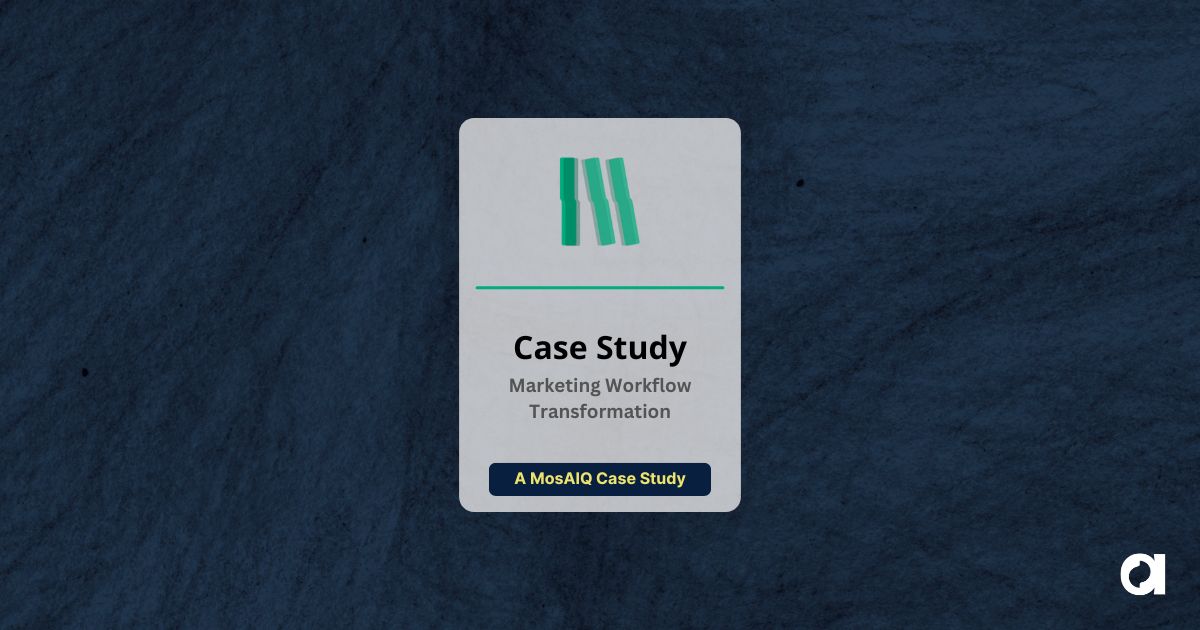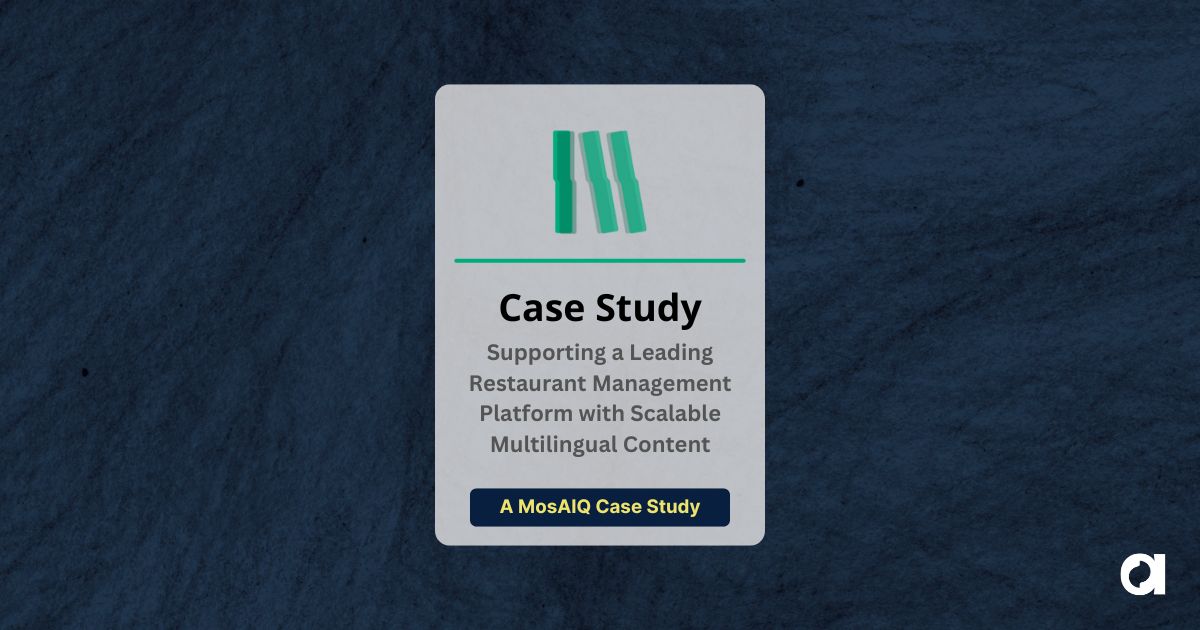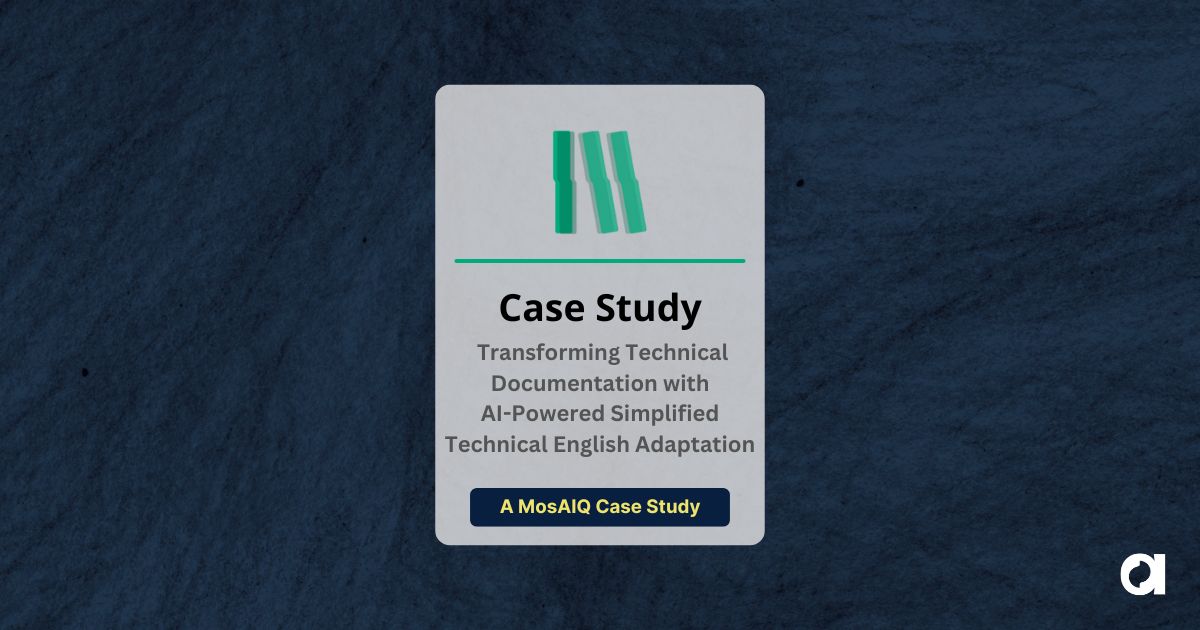It’s not just any linguist who can adapt to projects that rely on natural language understanding (NLU) – it takes a certain mindset and a particular set of skills. We spoke to Linguistic Team Leader Izabela Lecewicz-Świeboda to learn more.
What is your story with Argos? What was your first role and how did it evolve?
Izabela Lecewicz-Świeboda: I joined Argos a bit over 5 years ago, after moving from a different translation company. I started my journey as a Language Lead and was responsible for the linguistic coordination of translation projects for IT clients. Right now I’m managing a team of linguists in a business unit dedicated to a strategic IT client.
What is NLU? What kind of linguist could enjoy and fully grow in this field?
ILŚ: NLU stands for natural language understanding, and it refers to machine reading comprehension. Our work starts with the translation task and ends in actual conversations with a chatbot to verify whether everything is understood correctly. In order to enjoy all stages of a project, a linguist has to be versatile and creative – while done by linguists, NLU tasks are different from regular localization projects.
What was the most challenging part of your NLU learning curve?
ILŚ: I think it’s quite difficult to switch from regular localization tasks to NLU at first, because we are so used to certain rules that govern “traditional” translation. In NLU projects, a linguist has to mimic what the actual application user could type. Just think about how you type search phrases into a browser – do you really consider all linguistic rules? And that’s the challenge here – don’t think in terms of grammar rules, get into the user’s mind, and even mimic common errors.
What is the most rewarding aspect of your work?
ILŚ: Thanks to our team’s work, users can have conversations with a chatbot that is able to understand them and solve their problems. How cool is that?
How do you feel your role contributes to a translator’s performance?
ILŚ: I’m responsible for preparing instructions, so I’m helping the linguists understand what their task is about and guiding them through the requirements. Preparing the hand-off package is a joint effort between the Language Lead and Engineer – if this is done correctly, there will be fewer questions and the task of the linguists will be easier.
What kind of skills and qualifications does a linguist need to become an NLU expert?
ILŚ: The Argos team offers support and training, but an ideal candidate should be versatile, creative, and not afraid to investigate – the issues we encounter may be quite complex, but with a positive attitude, everything is possible. To work on NLU, you need to look at the bigger picture and be able to connect the dots – sometimes the problem we have at the final stage of the project is caused by something that was skipped at the very beginning.
 Argos Multilingual
2 min. read
Argos Multilingual
2 min. read
Argos Multilingual is proud to report that we’ve brought John Papaioannou on board in the role of Director, Business Analytics as of December 6, 2021. John brings 18 years of experience on the client side and 9 more on the vendor side to the table. Described by past co-workers as “the numbers guy,” he naturally […]

 Argos Multilingual
1 min. read
Argos Multilingual
1 min. read
Not everything in January has to be freezing, as we discovered when our Founder and Chairman Kimon Fountoukidis took his turn on MultiLingual TV’s new series “C-Suite HotSeat.” The show features hosts from Nimdzi Insights asking a mix of rapid-fire and in-depth questions to find out how key players in the localization industry got to […]












